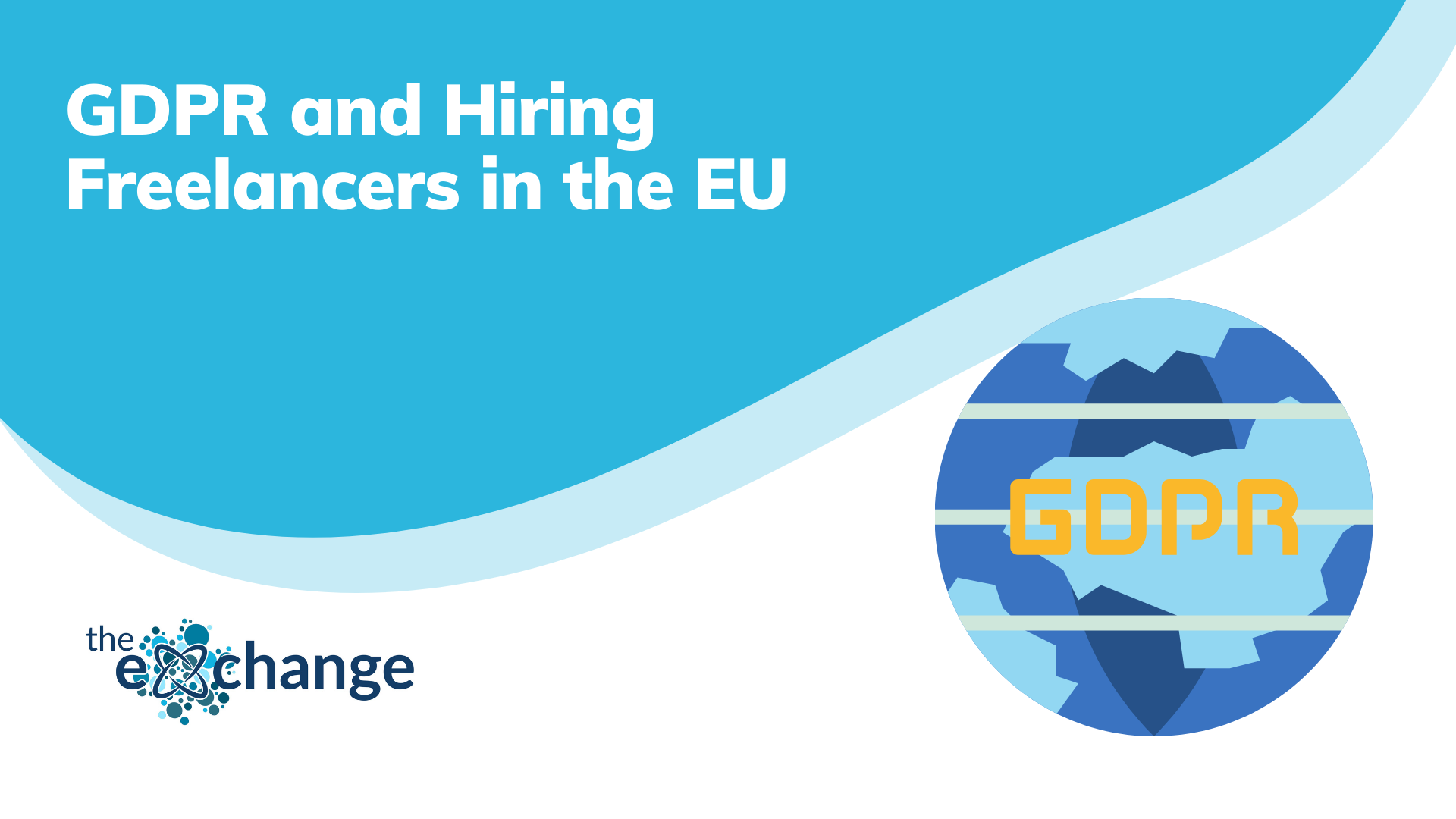
The General Data Protection Regulation (GDPR) came into effect in May 2018, replacing the previous 1995 data protection directive. This EU regulation covers privacy and security of data, and it is vital to ensure that your business is compliant with GDPR when it hires freelancers or other employees.
There are seven GDPR principles which should be followed by all businesses operating within the EU. These are:
GDPR rules are specific about the data that can be stored and who it can be shared with. This means that when you hire freelancers, you must ensure that you are complying with GDPR rules with regard to the data that you collect about them. These are the particular points that you must cover in order to be compliant:
If you are found not to be compliant, you can be fined up to €20 million or 4% of the company’s annual global revenue.
As well as considering GDPR implications in the hiring process, it is important to consider whether any freelancers will be handling data and what you need to put in place to ensure that your company is compliant here.
If you require assistance or support with hiring freelancers in the Nordic region, please contact us.